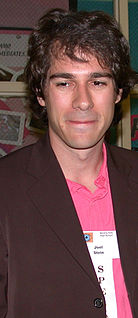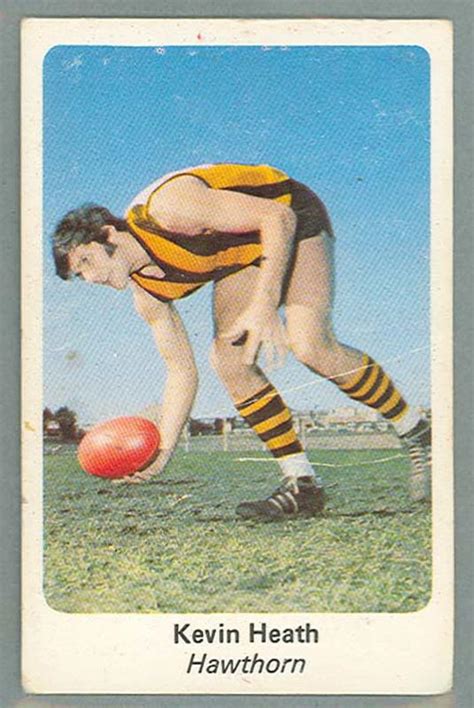Цитата Тайры Бэнкс
У меня есть демон бедности. Я спрошу своего бухгалтера, могу ли я что-то себе позволить, и он скажет: «О чем вы говорите?»
Связанные цитаты
Я сознательно ищу колоритных людей. Они очень подходят для театра. Театр должен быть театральным. Если вы можете раскрасить бухгалтера, у вас что-то есть. Сначала напиши все, а потом скажи, что он бухгалтер. Это очень чокнутый бухгалтер, ну и что? Театральность питает и бросает вызов актеру, режиссеру и дизайнерам.
Есть что-то, что мне нравится в общении с журналистами, и это действительно выходит за рамки рекламы, потому что вы не просто разговариваете с журналистом, но вы разговариваете через него с людьми, которые предположительно являются поклонниками Rolling Stones. Интервью дают вам возможность сказать несколько вещей и, возможно, прояснить некоторые вещи, которые люди читали о группе.










































